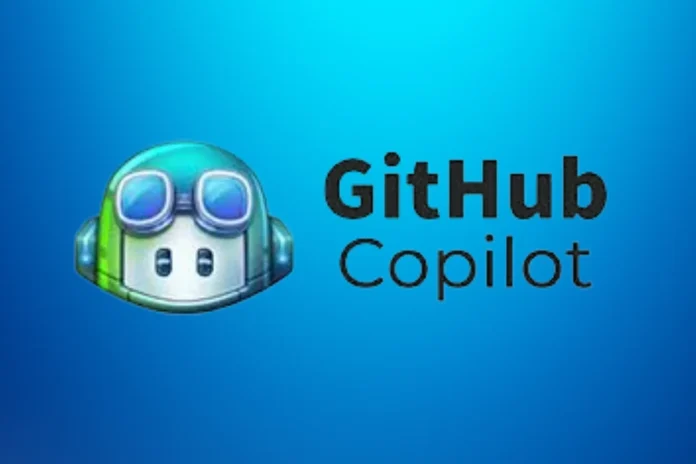The world of coding is bracing for an ideal shift as GitHub Copilot AI Tool Chatbot, a ChatGPT-powered programming assistant, takes off into general availability. Previously limited to enterprise users and select beta testers, this revolutionary tool now lands conveniently within the sidebars of Microsoft’s popular IDEs, Visual Studio Code and Visual Studio. Yet, while its potential to transform developer workflow is undeniable, a storm of questions arises around its ethical, technical, and financial viability.
The Power of Github Copilot AI Tool in Developer’s Toolkit
Github Copilot AI tool Chatbot promises to be a game-changer for programmers of all stripes. Its natural language interface allows developers to:
- Seek Guidance in Plain English:
Need help with a difficult concept or clarification on a cryptic error message? Github Copilot AI tool offers real-time explanations and suggestions, breaking down complex technical difficulties with the clarity of a friendly colleague.
- Boost Productivity:
From automating repetitive tasks like generating unit tests to debugging code pieces, Copilot Chat frees developers to focus on the higher-order aspects of software creation.
- Spark Creativity:
By suggesting alternative approaches and solutions, AI can act as a muse, inspiring innovative solutions and pushing the boundaries of what’s possible and what’s not.
Challenges By Github Copilot AI tool
Although this new Github Copilot AI tool has many benefits, it comes with a certain charm of AI-powered coding that has its own set of challenges:
The Data Quandary
Fueling Github Copilot AI tool Chatbot’s impressive abilities is a vast ocean of training data, some of which may be subject to copyright or restrictive licenses. While GitHub invokes the shield of fair use doctrine, lawsuits alleging copyright infringement and open-source licensing violations cast a shadow on the technology’s ethical foundation. This raises doubts about whether the benefits of AI-assisted coding outweigh the potential harm to individual developers and the open-source community.
The fear of AI introducing vulnerabilities and errors into code has increased. A recent Stanford study found that developers depending on AI assistants tend to produce less secure code, a worrying trend that could have severe consequences in the real world. While the GitHub Copilot AI tool emphasizes safety measures like filters for insecure patterns and encourages close human review, the potential for buggy AI-injected code remains chilling.
Can the GitHub Copilot AI tool Stay Aloft?
Reports suggest that GitHub loses money on each Copilot user, a financial tightness echoed by the recent demise of competitor Kite, another AI coding assistant. Meanwhile, rivals like Amazon’s CodeWhisperer aggressively expand their offerings, providing free tiers and advanced features like security vulnerability scanning. This raises questions about the long-term sustainability of Copilot Chat’s paid model and whether it can fight against the competitive storm.
A Glimpse into the Future of AI-powered Coding
Despite these challenges, Copilot Chat’s launch marks a critical moment in the evolution of AI-assisted coding. As developers get their hands on this powerful tool, its impact on productivity, security, and the overall coding landscape will unfold. The potential benefits are vast:
- AI can make advanced coding techniques accessible to a broader pool of developers, promoting a more inclusive and diverse coding community.
- With AI handling routine tasks, developers can focus on creative problem-solving and pushing the boundaries of what software can achieve.
- As AI tools mature and learn to identify and reduce vulnerabilities, the overall security position of software development could improve significantly.
Nevertheless, navigating the ethical, technical, and financial challenges is essential to ensure that GitHub Copilot AI tool coding becomes a force for good in the software world. Addressing data transparency concerns, improving AI-generated code strength, and establishing sustainable business models are essential steps towards a future where AI empowers developers to build better, safer, and more innovative software.



